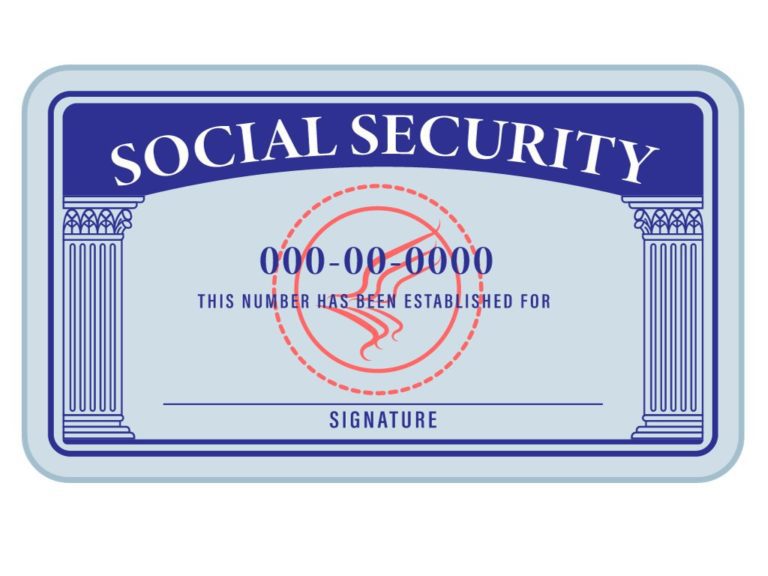Cigna Medicare Supplement Review 2026
Cigna Medicare Supplement Review 2026 Figuring out the best company to purchase your Medicare Supplement Plan through can be confusing and tiring. But, it doesn’t need to be: Figuring out the best company for you will come down to your current age, health, and budget, as well as the financial strength of the insurance company. In this post […]
Read More 






